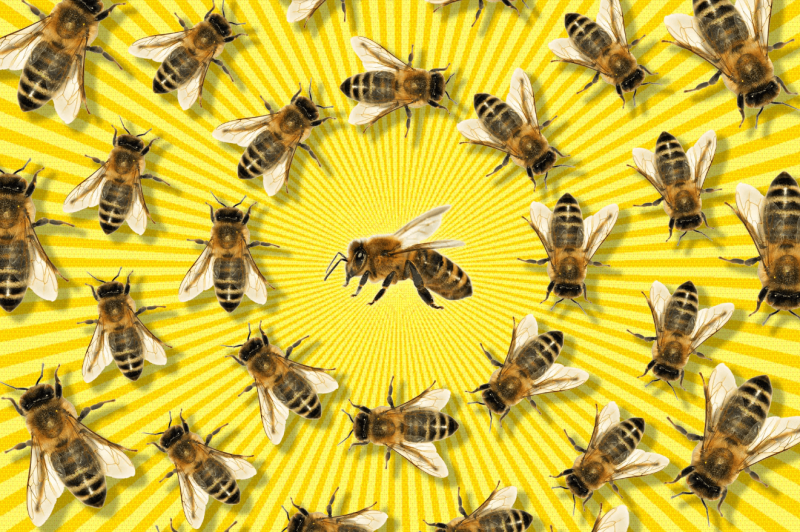Given everything bees contribute to our lives, it’s not surprising that the public’s interest in pollinators has increased over time. It certainly peaked with the mysterious Colony Collapse Disorder, which caused adult bees to leave the hive and never return. Beekeepers were also seeing higher-than-average losses in bee population over the winter. The two problems puzzled scientists, while the mystery inspired people to embrace actions that supported pollinator health. (And good news — the bees are doing just fine now!)
Unfortunately, as with so many things, activists used a genuine interest and concern for pollinators to push an agenda. Their boogeyman is neonicotinoids. The class of insecticides came onto the scene in the 1990s and are now the predominant class used in the United States, Europe, and Australia. They largely replaced older broad spectrum pesticides and require fewer applications, are safer for farmworkers, and can be used as seed treatments.
Unfortunately, neonicotinoids are just the latest example of how an activist message can lead to new laws, regulations, and bans. Farmers obviously care about pollinators and bee health — they’re vital to what we do. But somehow the narrative was distorted to make it seem as though our crop-protection tools are the problem. It’s a reminder that we need to be vocal about issues and confront disinformation.































